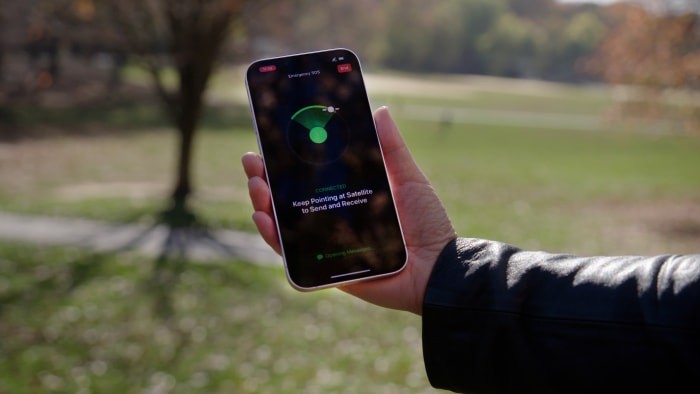
Tech giants Apple and SpaceX have entered a heated dispute over satellite spectrum rights as both companies aim to expand their space-based communication services. The conflict centers around access to crucial airwaves needed for satellite signal transmission.
SpaceX has formally requested US federal regulators to block Apple's planned satellite communications expansion. This move comes after Apple invested over $1 billion in satellite operator Globalstar last year to develop an enhanced space-based iPhone communication network.
The tensions emerged following earlier negotiations between the companies, when SpaceX and T-Mobile sought to offer Starlink services on iPhones. While an agreement was eventually reached allowing SpaceX-T-Mobile's satellite phone service to work with newer iPhone models, Apple maintained control of its software ecosystem.
SpaceX has now filed a petition with the Federal Communications Commission (FCC) to deny Globalstar's application for spectrum usage related to Apple's new satellite network. The dispute highlights the growing competition for limited satellite spectrum resources.
Apple's current satellite service allows iPhone users to send text messages, contact emergency services, and request roadside assistance in areas without cellular coverage. The company emphasizes that these features have already proven valuable in emergency situations, complementing traditional carrier services.
Looking beyond the conflict with SpaceX, Apple continues to explore partnerships with other satellite providers. The tech giant has reportedly considered investing in Colorado-based satellite operator EchoStar, though no formal agreement has been reached.
The ongoing dispute between these industry leaders underscores the increasing importance of satellite-based communications and the limited nature of available spectrum resources. As both companies push forward with their expansion plans, regulatory decisions may ultimately shape the future of satellite-enabled mobile communications.